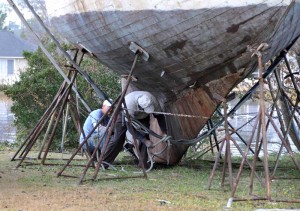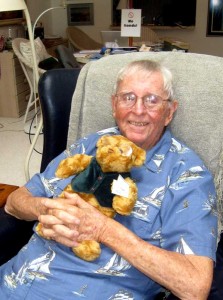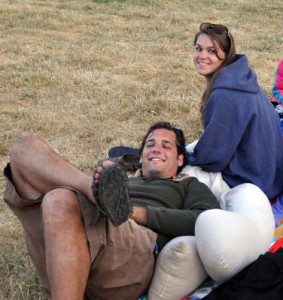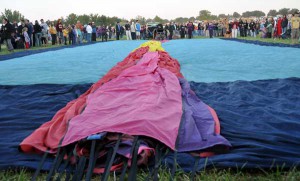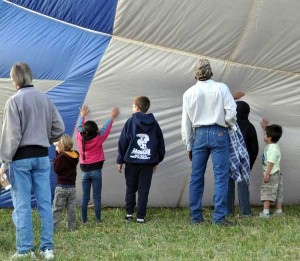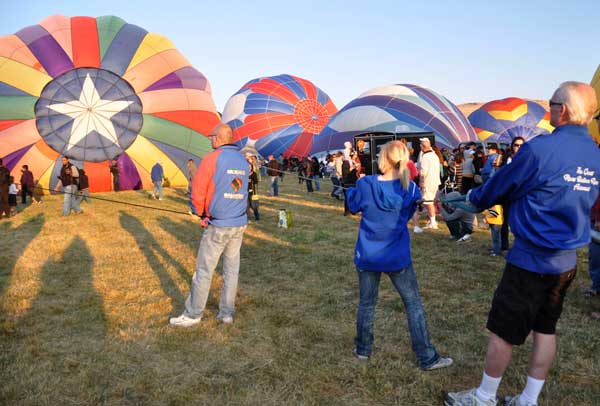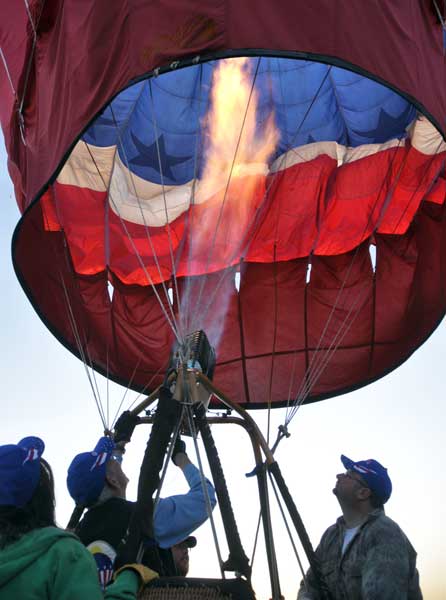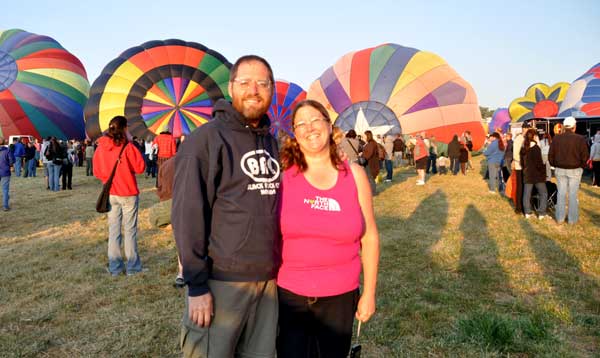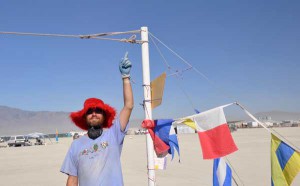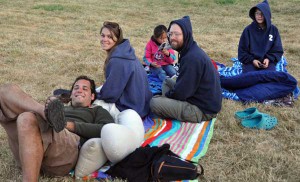Yesterday, I was riding in the back seat of my friend Donna’s car, gazing out the window at Amish farmhouses and rolling eastern Pennsylvania hills. Since Monday is washday, almost every farm had somber laundry hanging on the clotheslines, accented with a few pink child-sized blouses. Donna was telling us how the Amish had begun raising some interesting livestock. “You mean, like llamas?” I asked.
“No — look,” she said. Across the field was something much less common than a llama. It was a camel! We drove a little further, and suddenly there were baby camels almost close enough to touch. I rolled down my window to look, and Mike said, “Watch out that they don’t spit on you.” I quickly rolled it back up again.
Like the camels, I find many things curious and incongruous about the Amish lifestyle. For example, at night, the old-fashioned buggies are lit with newfangled LEDs. And when you pull up to a gas pump here, you often find a pile of steaming horse poop in front of it. What’s inside those mysterious horse-drawn contraptions that needs gasoline?
After our camel experience, we turned down a busy road and found ourselves behind a horse-drawn farm wagon that clop-clopped placidly at about five miles per hour. We had to wait our turn to pass him, and when we did, I noticed that his load consisted of eight little Amish children sitting on hay bales. The boys were all in the back of the wagon, and the girls were up front, as far away from the boys as they could get. All the children wore black anachronistic clothing, the boys’ outfits topped with charming straw hats.
A while later, we arrived at our destination, Donna’s mother’s home. While the others unloaded the groceries, I sat down in the living room to catch up with Odessa, who lets me call her “Mom.” We’d just started to chat when she looked over my shoulder and said, “What have we here?”
I turned around, expecting to see Donna, Mike, or Barry. To my surprise, it was a group of black-clad Amish children. “Would you like us to to sing to you?” the oldest boy said to Odessa. His English was clear but heavily accented. “That would be fine,” she said, sitting back in her chair.
As the eight children arranged themselves into three groups around their songbooks, I recognized the group from the farm wagon. The man driving, the father of several of them, had dropped them off and gone on an errand while they entertained Odessa with traditional Christmas songs.
“Seventy-nine,” said the tallest boy. They turned to that page and began to sing a Christmas hymn, a very unfamiliar tune. Their voices were high-pitched and their Pennsylvania Dutch accents gave a slightly nasal tone to the music. When they finished, one of the girls said, “Eighty-three,” and they launched into another one.
During the second song, I noticed something strange. The older children were gamely singing away, but their little brothers and sisters were having trouble focusing on the music. After a while, one of the little girls gave up singing completely and stared with her mouth hanging open. Her silence had its effect on her brother, who also lost his concentration and stared, openmouthed, at the corner of the room. The others faltered a little.
Odessa had muted her television, but she hadn’t turned it off!
As the Amish children labored through about seven different songs, it became evident that the television, though silent, had the power to mesmerize them completely. The older boys, who stood with their backs to it, couldn’t stop glancing over their shoulders to see what was happening on the tube. They got confused, repeating some verses and skipping others. The younger children, who unfortunately were facing it directly, leaned on the arm of a chair and stared, unabashed, at the lively, colorful pictures on the screen.
There were two earnest girls whose singing carried the concert, probably because they couldn’t see the TV from where they were standing!
At Odessa’s request, the children sang Silent Night, and then finished with “We Wish You a Merry Christmas.” The oldest boy said, earnestly, “If you’d to hear more singing, you can come to our school on December 22nd.” I think he was embarrassed at their performance and wanted a chance to show that without the distraction of TV, they can sing much better.
As the little group left through Odessa’s kitchen, Donna gave them cookies. I was laughing silently — and sympathetically — at their predicament. I haven’t had a TV in 30 years, so I get mesmerized by the darned things, too. But that afternoon at Odessa’s house, the Amish children were so different from anything I’d experienced, watching them struggle with the pull of the television had me completely mesmerized.




